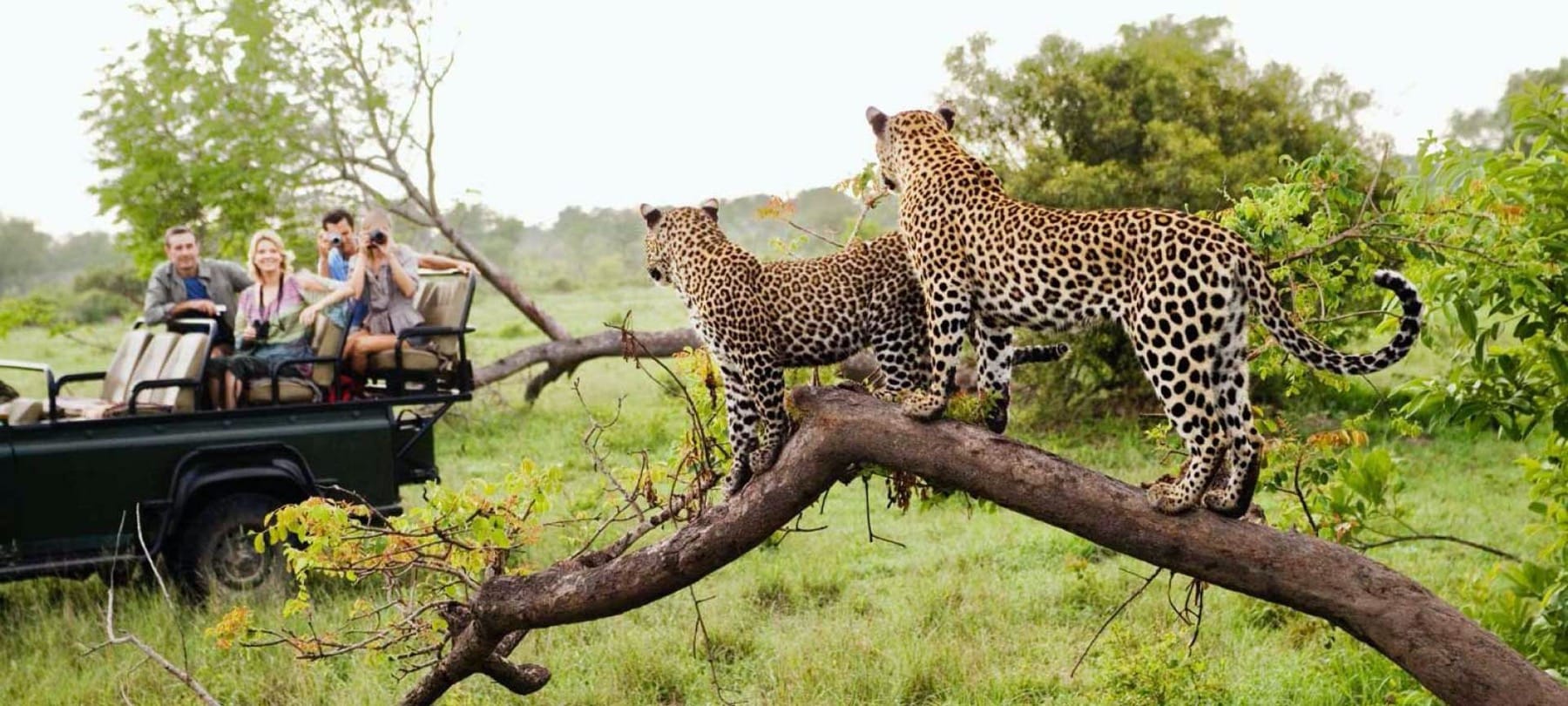Campsite rules vary, but keep an eye out for regulations that are wildlife specific. Baboons, monkeys, birds and even honey badgers can wreak havoc in an unattended camp so look out for signs and heed any warnings. If there are lids on the bins, make sure you replace and secure them. Wherever you’re camping, don’t leave food in the open and put any leftovers in your vehicle overnight. 
| Tent: Ground, rooftop, canvas, nylon, with/without awning |
| Ground sheet: Netting, PVC |
| Pegs, ropes and poles |
| Fly sheet |
| Camping table |
| Folding chairs |
| Windbreaker screens |
| Lighting: Lanterns, bulbs for flashlights, 12V, 220V, battery |
| Cooking equipment – [see Kitchen Equipment] |
| Cutlery and crockery – [see Kitchen Equipment] |
| Outdoor shower: Solar or gas |
| Camping toilet |
| Braai (Barbeque equipment) grid, wood, firelighters, igniters |
| Fridge |
| Cooler box |
| Extension lead |
| Gas |
| Cooker: gas, butane, other fuel |
| Table cloth |
| Dust pan and brush |
| Camping axe/Standard axe |
| Bush saw/Panga |
An African Safari should be on every travellers bucket list. Contact us today to find out more about 4×4 hire South Africa and our Campervan hire for your trip.